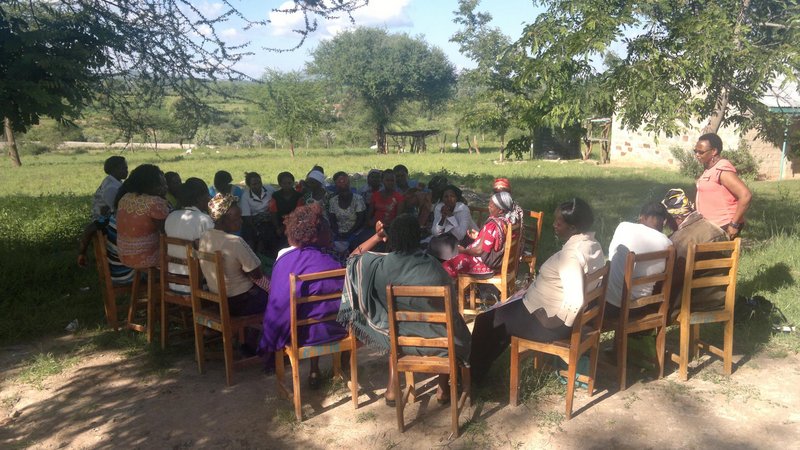Connecting knowledge, scales and actors; An integrated framework for adaptive organic resource management targeting soil aggradation and agroecosystems' resilience in SSA | ConneSSA

- Partner countries: Kenya, Burkina Faso, Côte d’Ivoire, France, Germany, Belgium, The Netherlands
- Project coordination Austria: Rainer Weisshaidinger
- Project partner Austria: Research Institute of Organic Agriculture (FiBL)
- Partner institutions: University of Hohenheim, Kenyatta University, Université d'Ouagadougou (UO), University of Eldoret Université Nangui Abrogoua, Institut de recherche pour le développement, French Agricultural Research Centre for International Development (CIRAD), KU Leuven
- Project duration: 2014-2018
- Project code: 204
About the project
Sustainable intensification of smallholder agriculture is fundamental to food security, poverty reduction and conservation of natural resources in sub-Saharan Africa (SSA). Soil degradation is a major driver of poor agricultural productivity. This implies low resource use efficiencies, including fertilizer, water and labour inputs, and entails low resilience of food systems to climate variability. Effective measures for rehabilitation (or aggradation) of degraded soils rely on organic amendments and agronomic practices that increase soil organic matter. However, variation in social and biophysical contexts across SSA underpins the need to target aggradation measures to the local context, including locally available soil amendments.
This project builds on the premise that integrated solutions for sustainable land use, combined with local adaptation of soil fertility management are urgently needed to address the challenges associated with smallholder agriculture in SSA. We aim to develop a generic knowledge network that connects (it:connessa) scales and actors towards adaptive soil fertility management and agroecosystems’ resilience.
The project objectives will be addressed in three interrelated Work Packages (WPs):
- aggradating degraded soils and enhancing resource use efficiencies (WP1),
- exploring diversity and optimizing trade-offs (WP2) and
- linking local capital and science for innovation (WP3).
We will concentrate activities in focal sites that represent different agroecological contexts across East (Kenya) and West Africa (Burkina Faso, Cote d’Ivoire) as well as social issues (e.g. population density, proximity to urban areas). ConneSSA will foster integration of scientific disciplines and creates important added value to existing research and stakeholder networks at the focal sites.
The Austrian part of this project withinERAfrica is funded and administered by the KEF